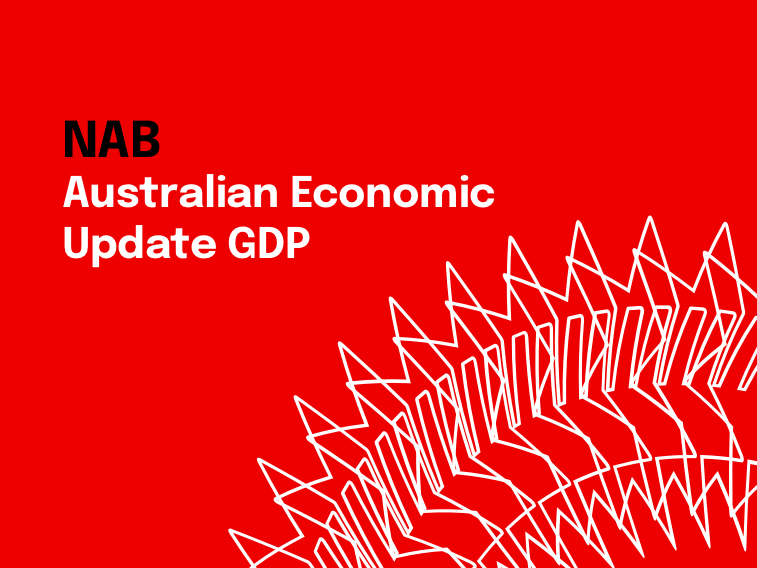Consumers lead the way


Insight
When running a business, it’s important to understand your obligations in relation to domestic and international sanctions before entering into arrangements with offshore customers and/or their agents.

A straightforward explanation of how sanctions work, the ways in which they may impact your business and why it’s important to understand them.
When running a business, it’s important to understand your obligations in relation to domestic and international sanctions before entering into arrangements with offshore customers and/or their agents.
If you’re involved in any of the following transactions, you’re at risk of a sanctions violation:
Sanctions are utilised by government(s) as a non-violent foreign policy in deterring financial crimes, human rights abuses, terrorism, cybercrime, corruption, and nuclear weapons proliferation. Sanctions are designed to influence and target countries, governments, individual people, legal entities, or other organisations.
Sanctions can also affect financial institutions such as NAB and their customers by placing restrictions and controls on the movement of goods, services and money. These restrictions can include:
For further information about NAB’s Sanctions Program please review a summary (available here NAB Sanctions Program) or speak to your Business Banker if you need further information.
© National Australia Bank Limited. ABN 12 004 044 937 AFSL and Australian Credit Licence 230686.